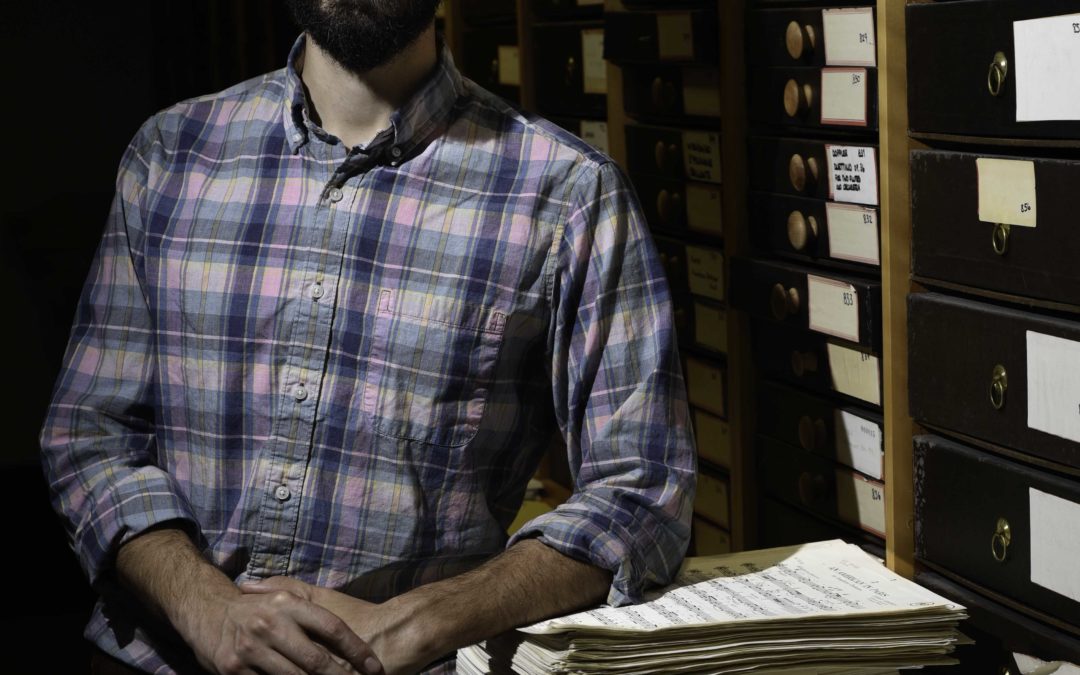Name: Michael Ferraguto
LCA Graduation Year: 2005
Education: BA Music, BA French, College of the Holy Cross ‘09
Place of Employment: Baltimore Symphony Orchestra through August, then starting with The Cleveland Orchestra
Personal Information you would like to share: I met my lovely wife through a mutual love of board games, and we’re the proud pet-parents of a rescued cat and retired racing greyhound.
- What brought you to LCA and what was your experience like?
I grew up attending private Catholic schools, and I was on the private school track for high school as well. I looked at a lot of different high schools, and I remember my visit to LCA standing out. The student body generally seemed happier than anywhere else I looked. It seemed like a place that I would fit in, and I was right!
- What activities were you involved in while at LCA?
I was involved in pretty much every music club available: chorale, chamber singers, orchestra, jazz band… I also participated in drama, acting in Into the Woods, Les Mis and Romeo & Juliet. There was also an infamous stint on the wrestling team, not winning a single match in two seasons. Funny enough, both arts and athletics taught me a lot, despite the huge gap in accomplishment. While I did not excel at wrestling, surviving those two years on the mat gave me a much deeper respect for athletes and what they do. I ended up learning a lot about leadership through the music groups too. I was grateful to serve as Chorale president. That role had its own challenges, and it also afforded me the opportunity to be more engaged with the entire student body as a Prefect.
- Which LCA faculty member(s) impacted you the most while at LCA?
Every member of the faculty and staff was amazing, but I’ll give a couple of specific shoutouts. Donna Williams was gracious, humble, and indulged me being a little bit wacky in French class. For me, a big part of internalizing natural French speaking was learning to switch gears and speak almost as a completely different character. You can’t do that if you’re not feeling comfortable in the classroom! I would later spend a year teaching English in France and was grateful for my experiences in her class at LCA. I’ll also call out Delvyn Case, who helped me work on a choral composition that I debuted at ArtsFest in my junior year. That piece was later performed by my college choir on an international tour, which was a really great feeling!
- Is there a piece of advice would you give to a student entering LCA today?
Everything takes practice. It’s not uncommon to think about practicing the violin, or practicing your jump shot, but people don’t often think practice that when it comes to academics or interpersonal skills. Writing a term papers, doing math problems, even critical reading requires practice too. Don’t feel discouraged if you get something wrong on the first pass, and get comfortable throwing away drafts and false starts. A huge part of your education is learning how to challenge yourself and continuously improve.
- Tell us about the road to your current career.
I wasn’t quite sure what I wanted to do as I was leaving college. I was graduating with degrees in Music and French: two industries where starting a career is nebulous. (Though plenty of opportunity abounds!) I ended up getting a summer job at the Tanglewood Music Center, which is the summer home of the Boston Symphony Orchestra. I met the BSO’s orchestra librarians, and they introduced me to a career that required experience playing instruments, knowing music theory and history, as well as working with people and complex problem-solving. The job really called out to me as something that fit. Following that summer at Tanglewood and a brief stint teaching English abroad, I secured a librarian Fellowship with the New World Symphony in Miami Beach, FL, where I really honed my skills. From there I moved up through orchestras, from the Alabama Symphony, to Baltimore, and finally to The Cleveland Orchestra.
- Tell us about your role and responsibilities in your job.
Very simply, an orchestra librarian has to make sure that everybody has the right music at the right time. As a Principal or Head Librarian, I must determine the source of every piece of music that the orchestra is going to perform, whether it will come out of the orchestra’s collection, be it purchased or rented from a publisher, or be borrowed from a guest conductor or artist. Then I must coordinate the preparation of those musical materials. The most obvious way to see this coordination is to watch the string players in an orchestra: the movement of their bows is choreographed by special markings on the page, penciled in by a librarian. I need to be able to pretend I’m playing every single orchestra part and know exactly how to set up the music for that particular player.
Because orchestras perform so much different music in such a short timeframe, there is no room to fix errors in the music on stage. Everything must be ready to go from the first downbeat. In some orchestras, the librarian is considered a full-time member of the orchestra (as opposed to the staff). This means that the orchestra values the musical acuity of the librarian so much that the position is actually auditioned and eligible for tenure.
- What are the most challenging aspects of your current job?
In addition to coordinating the musical markings, librarians are also responsible for securing the rights and permissions to perform copyrighted music. These days, that means not only staying up to date with copyright law, but also convincing managements and players that it is important to respect and follow it. Another challenging aspect is being able to deal with last-minute crises, like repertoire changes or lost music. You really have to be able to think on your feet and know what resources are available at a moment’s notice in order to make the show go on.
- What is your favorite part of your job?
Getting to hear the orchestra play! As I am considered a member of the orchestra, I think of the sheet music itself as my instrument. When the concert starts, the librarian puts out the score for the conductor before they walk on stage. I usually think about all the work that went into that particular performance as I’m laying out the music, minutes before downbeat, knowing that I had a hand in every orchestra members’ experience with that piece and with their own preparation and practice.
- What would you say are the top requirements (skills, mind-set, etc.) for someone entering this line of work?
You have to be able to prioritize different tasks and really plan out a schedule. Crucially important too is a sense of humility. If a conductor or musician is angry about something that needs to be fixed in the music, you have to stay calm and not get defensive. Even if it’s someone else’s fault, sometimes you have to own it!
- If you could offer just one piece of career advice to students, what would it be?
The next time you watch a movie or TV show, sit and read the credits. There are so many people involved beyond the famous faces you see, from grips and lighting designers, to caterers and yes, music preparation specialists. I’m using film as an example here, but in every industry there’s a whole network of fascinating jobs out there that you might not know exist. Try shadowing someone who does something unusual, and find out why they love the job.

